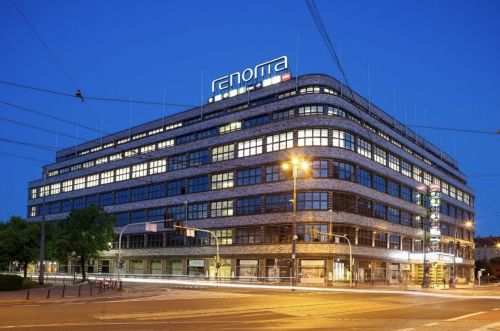The oldest index of the American stock exchange – the Dow Jones – hit another historic level (23,173 points) on October 18th. The S&P 500 also achieved its own peak prior to this and the current Q3 report publication period in the US has been giving us more evidence of the healthy state of the US economy. The financial markets are clearly heating up under the influence of the real economy: the money being pumped into financial circulation has been driving surges on the stock exchanges, as well as mergers and acquisitions. Concerns over the stand-off with North Korea brought about a brief adjustment in the early autumn, but eventually the regime’s ‘stunts’ as well as Donald Trump’s inflammatory statements seem to have been accepted by investors as permanent features of the political landscape. International politics was overshadowed by other issues, such as the long-awaited (and so far partly reflected by the share purchase decisions of investors)

























































